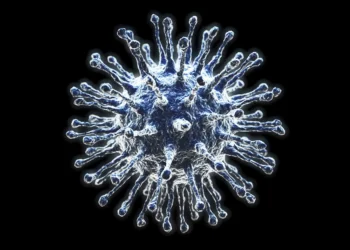Introduction: The relationship between a mother and her baby is one of the most profound bonds in human existence. Beyond emotional connection, this bond plays a crucial role in the health and well-being of both mother and child. This article explores the importance of maternal and infant health, highlighting the significance of maternal care, nutrition, and early childhood development.
Maternal Health and Care
- Prenatal Care: Adequate prenatal care is essential for ensuring a healthy pregnancy and childbirth. Regular prenatal check-ups, screenings, and monitoring of maternal health conditions contribute to the well-being of both mother and baby.
- Nutrition: Proper nutrition during pregnancy is vital for fetal development and maternal health. A balanced diet rich in essential nutrients such as folic acid, iron, calcium, and protein supports healthy growth and reduces the risk of complications.
- Emotional Support: Emotional well-being during pregnancy and postpartum is crucial for maternal health. Supportive environments, counseling, and access to mental health services help mothers cope with stress, anxiety, and depression.
- Postpartum Care: Postpartum care is essential for maternal recovery and adjustment to motherhood. Monitoring maternal health, providing breastfeeding support, and addressing postpartum complications promote maternal well-being and infant health.
Infant Health and Development
- Early Childhood Nutrition: Breastfeeding provides optimal nutrition for infants and supports healthy growth and development. Exclusive breastfeeding for the first six months, followed by continued breastfeeding alongside complementary foods, is recommended by health authorities.
- Immunization: Vaccination is critical for protecting infants from infectious diseases and reducing child mortality. Following recommended immunization schedules helps build immunity and prevent vaccine-preventable diseases.
- Developmental Milestones: Monitoring infant growth and development milestones is essential for early detection of developmental delays or health concerns. Regular pediatric check-ups and developmental assessments support early intervention and optimal outcomes.
- Safe Sleep Practices: Creating a safe sleep environment for infants reduces the risk of sudden infant death syndrome (SIDS) and sleep-related accidents. Following guidelines for safe sleep practices, such as placing infants on their back to sleep and avoiding soft bedding, promotes infant safety.
The bond between mother and baby is a cornerstone of health and well-being, shaping the foundation for a lifetime of health outcomes. By prioritizing maternal and infant health through prenatal care, nutrition, emotional support, and early childhood interventions, we can ensure the health and prosperity of future generations. Investing in the health of mothers and babies is not only a moral imperative but also a sound public health strategy with far-reaching benefits for society.

 English
English



























































